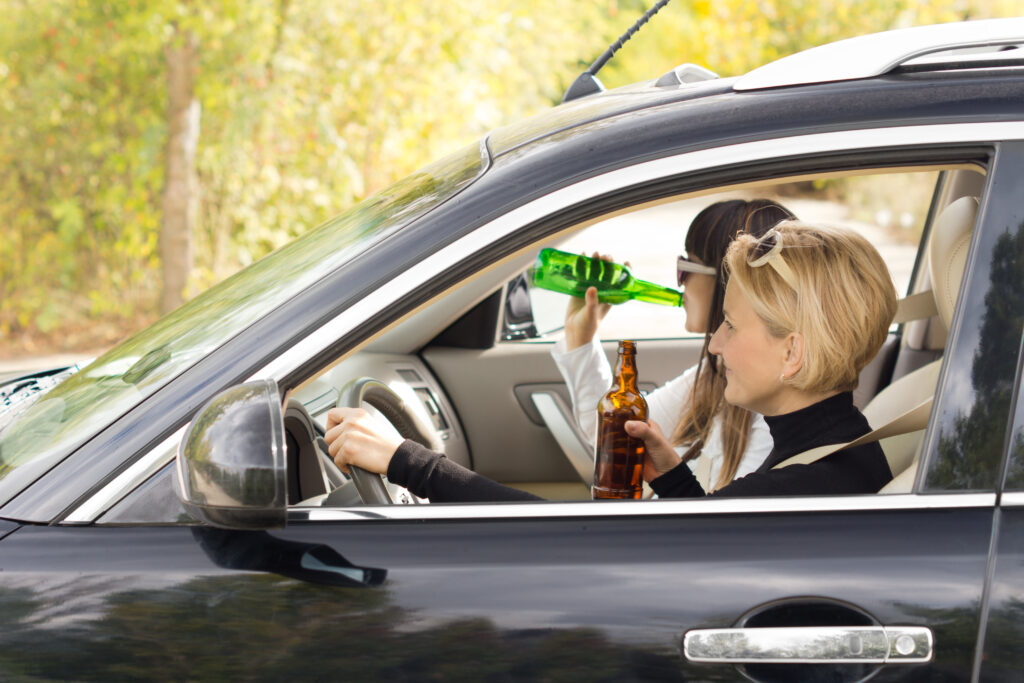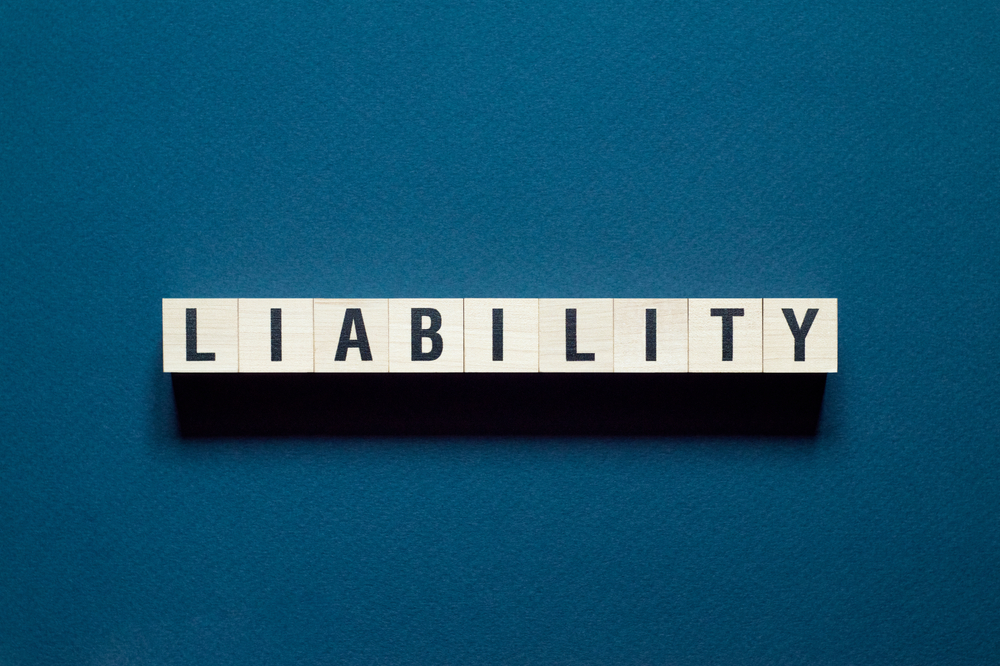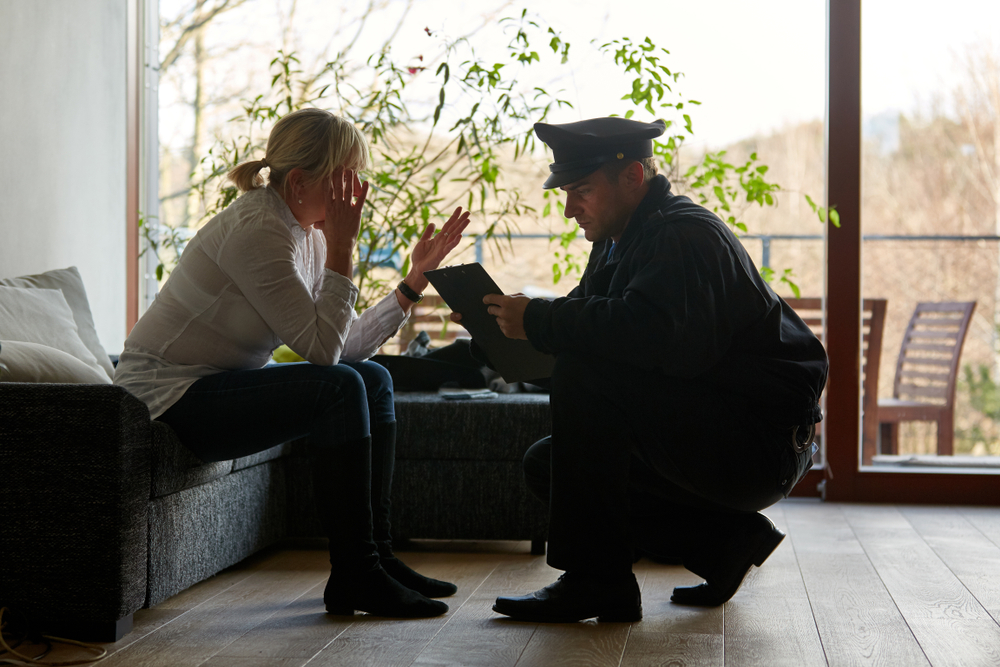When discussing liability in drunk driving cases, we often focus on the person who consumed the alcohol and then decided to get behind the wheel. However, in some states, dram shop laws extend this responsibility to the establishments or individuals who serve alcohol to the intoxicated person. In Florida, the dram shop law has unique characteristics. This article dives into the intricacies of Florida's dram shop liability and what it can mean for both businesses and victims of drunk driving accidents. Also how a skilled car accident lawyer in Vero Beach can help you understand your rights and responsibilities.
Schedule A Consultation Today!
Understanding Dram Shop Laws

Originating from 18th-century England, a dram shop paints a picture of a time when alcohol, especially gin, was sold in specific measurements known as a "ram. Imagine establishments where patrons gather, perhaps after a long day's work, and purchase their favorite spirits in these small quantities. There are lively conversations, the clinking of glasses, and the hum of commerce.
Today, in the United States, the concept has evolved to represent a legal framework that emphasizes the responsibility of those selling alcohol. Specifically, the design of the dram shop laws addresses the potential consequences of overserving patrons or selling alcohol to those who might be visibly intoxicated.
The essence of these laws is to recognize that while people have a personal responsibility not to drink and drive or engage in reckless behavior while intoxicated, the establishments that serve them alcohol also play a role in this social contract. They share responsibility.
If a bar, for instance, continues to serve a visibly drunk patron who later gets behind the wheel and causes an accident, you can hold that bar liable for the resulting damages.
This principle behind dram shop laws isn't just about punitive measures or placing blame.
At their core, these laws promote a more responsible drinking culture. They encourage establishments to train their staff adequately, ensuring they can identify signs of intoxication and make sound decisions about when to refuse service. By doing so, they reduce the number of alcohol-related accidents and incidents, making communities safer.
Florida's Take on Dram Shop Liability
Unlike states where establishments might find themselves on the line for simply serving an individual who then goes on to cause harm due to their intoxicated state, Florida's laws provide more protection to these establishments, but with certain clear exceptions.
Florida's stance on this matter is in Florida Statute 768.125. Instead of a blanket policy, this statute lays out specific conditions under which establishments can be held accountable.
First, it emphasizes the age factor. Serving alcohol to someone below the legal drinking age of 21 isn't just a breach of sale regulations; it also opens up avenues for liability.
This is grounded in the rationale that underage individuals might not have the maturity or experience to handle alcohol responsibly, and thus, establishments must exercise extra caution.
The second criterion, which is notably more unique to Florida, pertains to serving individuals who are habitually addicted to alcohol. This provision recognizes the dangers of enabling addiction and places a moral and legal responsibility on establishments not to exacerbate such situations.
However, this also introduces complexities. Determining habitual addiction isn't always easy. It's not like age, which an establishment can easily verify with an ID check. Habitual addiction, on the other hand, might require more detailed evidence, like a history of repeated incidents or perhaps even medical records.
But what does this mean practically for those seeking to establish liability?
The burden is on the injured party or the plaintiff to provide evidence. They must demonstrate, beyond reasonable doubt, that the establishment either served alcohol to a minor or to someone they knew or should have known was habitually addicted.
This demands a careful collection of evidence, perhaps including eyewitness accounts, past incidents involving the intoxicated person, or expert testimony regarding their addiction.
This limited scope of Florida's dram shop liability reflects a balance the state attempts to strike.
On one hand, the law recognizes the responsibility of serving alcohol. On the other, the law will not penalize these businesses for the actions of their patrons unless they clearly breach one of the two outlined provisions. It discourages establishments from serving minors and forces them to account for signs of addiction without placing them under an excessively broad umbrella of liability.
Underage Serving
Florida's strict stance on serving alcohol to minors recognizes the potential risks associated with underage drinking.
When an establishment serves alcohol to someone below the age of 21, they are not only breaching regulations set for alcohol sales but also opening themselves up to legal vulnerabilities. This unequivocal part of the Florida dram shop statute serves multiple purposes.
Firstly, it acts as a deterrent. The very knowledge that there can be legal repercussions for serving alcohol to minors deters many establishments from breaking the rule, no matter how lucrative the immediate sale might seem.
This isn't just about avoiding a fine or a penalty; it's about averting potentially devastating lawsuits if that underage person causes harm due to their intoxicated state.
Beyond the immediate legal concerns, there's a broader societal issue at play. Young people, particularly those below the legal drinking age, are often still in stages of mental and emotional development. Their ability to determine their own limits, understand the repercussions of their actions, and make safe decisions while under the influence might be compromised.
The law acknowledges this developmental reality and places the burden on establishments to act responsibly.
Think about a scenario where an underage person gets into a car accident after being served alcohol at a bar, injuring themselves and others. The trauma and damage caused by the accident can have lifelong implications for all parties involved. In such a scenario, the establishment's role in serving alcohol becomes a critical point of contention.
The victims, or their families, can potentially hold the establishment accountable for its role in the chain of events that led to the accident.
However, for an establishment to be held liable, the harmed party will typically need to illustrate a clear link between the act of serving alcohol to the underage individual and the subsequent harm.
This might involve proving that the individual was indeed intoxicated when they caused harm and that their intoxication was a direct result of being served alcohol at the particular establishment.
Serving the Habitually Addicted
The intricacies of Florida's dram shop law become especially evident when diving into the specifics of serving alcohol to someone habitually addicted. While it might seem straightforward on the surface, the challenge lies in the interpretation and application of what exactly constitutes habitual addiction and how an establishment's awareness of such an addiction is determined.
To begin, alcohol addiction doesn't necessarily manifest in obvious or consistent ways. Some people may maintain seemingly normal behavior while struggling with addiction in private. Hence, proving habitual addiction is not as simple as showcasing frequent alcohol purchases or episodes of public intoxication.
This becomes even more complex when considering the establishment's responsibility. The law implies that the establishment must have had knowledge, or should reasonably have known, about the person's addiction.
The question becomes: What kind of behaviors or signs should an establishment look for, and when is it enough to qualify as reasonable awareness?
In practical terms, if a person frequented an establishment and consistently exhibited signs of overconsumption or was known to the staff for excessive drinking patterns, this can be used as evidence. Statements from the establishment's employees about the person's behavior, frequency of visits, and the amounts of alcohol consumed can form crucial components of such a claim.
Yet, even with such evidence, it's not always clear-cut. For instance, if the person had periods of sobriety or if they visited multiple establishments, making it less noticeable to any single venue about the extent of their addiction, the argument becomes more difficult.
Testimony from friends, family, or acquaintances can paint a more comprehensive picture of the person's relationship with alcohol. Such testimonies can shed light on the person's drinking habits, episodes of binging, or any instances where there were concerns about their alcohol consumption. However, these accounts come with their own set of challenges. They are subjective by nature and can be influenced by personal biases or emotions, especially if the case caused a tragic event.
Expert testimony can also play a significant role. Medical professionals, addiction specialists, or therapists who have insights into the nature of alcohol addiction can provide context. They can explain patterns of behavior, the physiology of addiction, and the potential signs of habitual addiction.
The Rationale Behind Florida's Limited Liability

Florida's dram shop law attempts to balance personal responsibility and the responsibility of alcohol sellers. By focusing on underage and habitually addicted individuals, the state recognizes the heightened risk and vulnerability of these groups. The law sends a clear message to establishments: they have a duty not to serve these high-risk individuals.
On the other hand, by not extending liability to all instances of over-service, Florida emphasizes the importance of individual accountability. It operates under the premise that adults, in most situations, are responsible for their actions and choices, including the decision to drink and drive.
Implications for Establishments
Every bartender, server, or cashier becomes an establishment's frontline against potential legal disputes stemming from the state's dram shop law. Thorough training to understand the importance and methods of checking IDs is necessary.
Checking isn't just a matter of glancing at a date of birth; it involves verifying the authenticity of the ID, checking for holograms, comparing appearance with the photo, and spotting expired IDs.
While the issue of serving underage individuals is straightforward, recognizing habitual addiction requires observant staff.
They should receive training to notice if regular patrons consistently consume excessive amounts of alcohol or show signs of severe intoxication. Behavioral patterns such as slurred speech, lack of coordination, or aggressive behavior can warn staff to cut off alcohol service. Continuous training sessions can benefit even experienced addiction professionals.
The Florida Division of Alcoholic Beverages and Tobacco oversees and penalizes businesses that don't adhere to state regulations regarding the sale of alcohol. These penalties can range from fines to suspensions or even the revocation of a liquor license, which is often a significant investment and a primary source of revenue for many establishments.
Implications for Victims

The aftershocks of an accident or incident caused by an intoxicated person can reverberate through the lives of victims in more ways than one.
It's not just about the physical injuries or damages; there's emotional trauma, the cost of medical care, possible lost income, and the overarching need for justice. Florida's dram shop law offers victims a chance to hold responsible not just the perpetrator but also the establishment that might have played a role in the tragic events that ensued.
However, leveraging this law is not as easy as it may seem. To successfully hold an establishment liable under Florida's dram shop statute, a victim must establish certain specific conditions beyond the typical requirements of personal injury law.
It's not just about proving that the establishment served the individual alcohol but that they did so either when the person was under the legal drinking age or when they were "habitually addicted" to alcohol. The former is more black-and-white, but the latter can be a challenging condition to prove.
Gathering evidence becomes a critical step.
Did the establishment have prior knowledge of the person's addiction? Were there previous incidents at the same establishment involving the same person?
Statements from other patrons or employees can strengthen such evidence, proving that the establishment knew or should have known about the individual's condition. This may involve obtaining security footage, credit card receipts, or even social media posts.
Additionally, eyewitness testimonies can be helpful. Witnesses can shed light on how much the person consumed, their behavior at the establishment, and the staff's reaction or lack thereof. However, memories can fail, and over time, details can become hazy. Therefore, gather this testimony quickly.
Expert opinions can further solidify a case. An addiction specialist, for instance, might testify on what constitutes habitual addiction and whether the intoxicated individual's behavior aligns with such a definition. Such testimony can bridge the gap between legal definitions and medical realities.
This is where legal representation comes in. An experienced attorney can help victims piece together the puzzle, connecting the dots between the establishment, the intoxicated person, and the ensuing harm. They offer more than just legal advice; they provide support, clarity, and a pathway to justice.

A Drunk Driving Accident Attorney Can Help
Dram shop liability in Florida is a testament to the state's efforts to curb the dangers of drunk driving accidents while balancing individual and business responsibilities. As with any law, the effectiveness of Florida's dram shop statute lies in the awareness and understanding of both establishments and the general public.
By speaking to a lawyer, you can understand your rights and responsibilities. This can get you one step closer to seeking justice for those injured by intoxicated persons.
